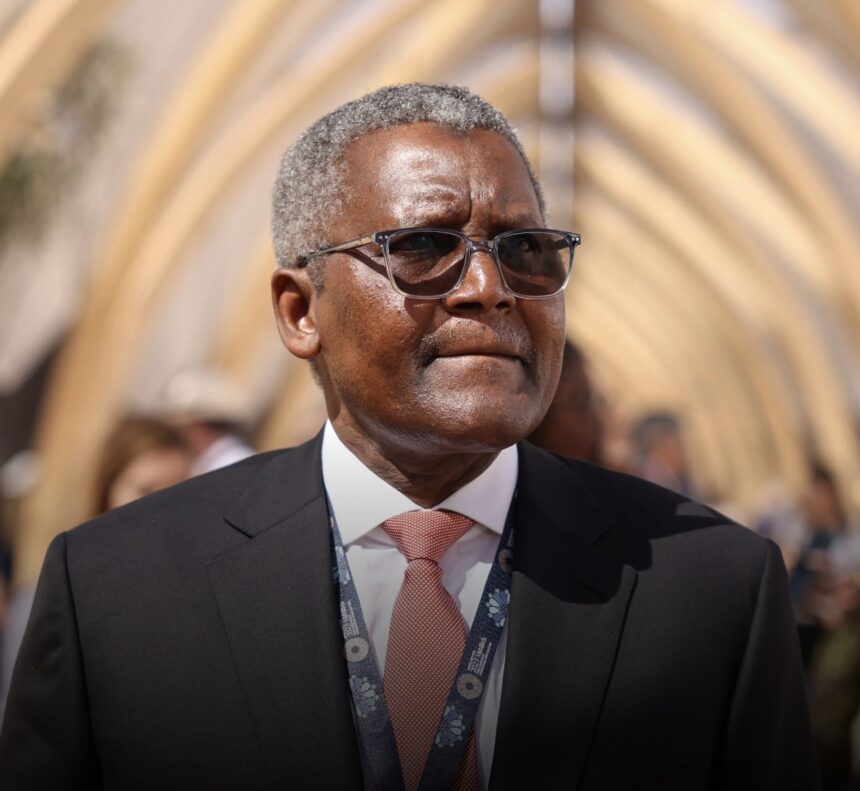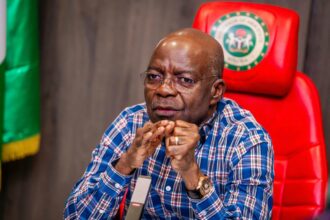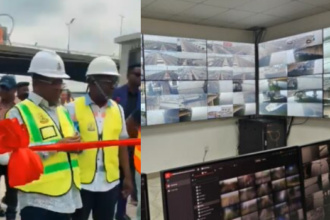Aliko Dangote, founder of Dangote Group, has unveiled plans to sell a minority stake in his multi-billion-dollar refinery as part of a strategy to double its capacity and transform it into the world’s largest refining complex. In an interview with S&P Global, Dangote said the plan mirrors the earlier approach used for Dangote Cement and Dangote Sugar Refinery, a position he also shared at BusinessDay’s 17th CEO Forum in July.
The company intends to sell between 5 percent and 10 percent of its stake on the Nigerian Exchange (NGX) within the next year. Dangote said the group does not plan to retain more than 65 percent to 70 percent ownership, adding that shares would be offered gradually, depending on investor appetite and market conditions.
He also revealed that the group is exploring strategic partnerships with Middle Eastern firms to support both the refinery’s expansion and a new petrochemicals project in China. Dangote noted that fresh infrastructure investment outside Nigeria would be too costly, making Lagos the preferred base for scaling up.
Originally designed with expansion in mind, the refinery already houses the world’s largest crude distillation unit and a custom-built port. Capacity is expected to rise from 650,000 barrels per day (bpd) to 700,000 bpd by year-end. The new long-term goal is to double output to 1.4 million bpd, which would surpass Reliance Industries’ Jamnagar refinery in India, currently the world’s largest at 1.36 million bpd. Engineers at the Lekki complex said the expansion may require constructing a second refinery with a similar configuration and adding a vacuum distillation unit to boost yields.
Dangote also outlined plans to increase polypropylene output from 1 million to 1.5 million metric tonnes annually, while pursuing additional petrochemical ventures including linear alkylbenzene and base oils production. Although the International Energy Agency has projected a global oversupply of refining capacity by 2030, mainly due to China and India, Dangote argued that Africa must avoid continued dependence on imported fuel. He said most African countries lack both the capital and infrastructure to build large-scale refineries, noting that high interest rates and weak infrastructure make such projects difficult to finance.
The Dangote Group recently secured a $4 billion financing agreement in August, easing earlier debt concerns, but the expansion will require more capital. The company is therefore seeking strategic partners, particularly from the Middle East. Dangote said the group’s ownership structure will evolve, with new partners joining to support the refinery’s growth. As part of this strategy, he confirmed plans to list 5 percent to 10 percent of the refinery’s shares on the NGX within the year.
The Nigerian National Petroleum Company currently holds a 7.2 percent stake after trimming its earlier interest. Dangote said NNPC could increase its stake in the future, but only after the next expansion phase is underway. The expansion announcement comes as the company works to stabilize operations following technical disruptions. The refinery’s residue fluid catalytic cracker, a key unit for gasoline production, was briefly shut down in September after a turnaround in August. According to Devakumar Edwin, Vice President overseeing refinery operations, the unit restarted around October 7 and is ramping back up. Dangote said most operational issues have been resolved, though further maintenance may still be scheduled.
Supply concerns have eased through a crude-for-naira swap deal with NNPC, which currently provides 14 crude cargoes in exchange for refined products. Additionally, production from the company’s upstream assets, OML 71 and OML 72, is expected to begin this month, adding as much as 40,000 bpd to the refinery’s feedstock.
Source: https://businessday.ng/











